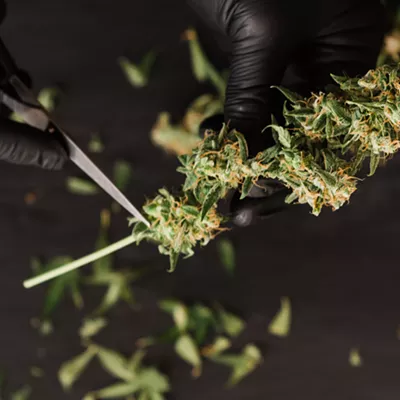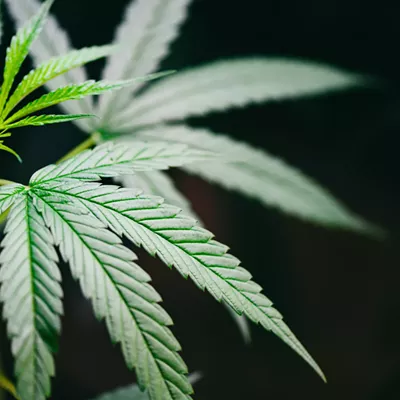According to a 2023 University of Colorado study, consistent cannabis use improved pain levels, sleep and cognitive function for cancer patients.
Those going through chemotherapy may experience issues with memory loss, confusion, concentration and decision-making. This is only the tip of the iceberg of chemotherapy’s debilitating side effects.
The research was personal to the study’s senior author, Angela Bryan, who was diagnosed with breast cancer in 2017. Bryan, a University of Colorado professor of psychology and neuroscience, had long been curious about cancer prevention.
At the time of her diagnosis, Bryan was reluctant to take opioids for post-surgery-related pain and was curious about using cannabis as an alternative. While doctors were generally supportive of her decision, they did not have any concrete data regarding cannabis and cancer treatment.
“When you’re in a lot of pain, it’s hard to think,” Bryan said in a statement. “We found that when patients’ pain levels came down after using cannabis for a while, their cognition got better.”
And, according to a CU Boulder statement, while 40% of cancer patients use cannabis, only a third of doctors feel safe recommending it to a patient.
Historically, studying cannabis has been complicated due to federal restrictions. Cannabis used in research is typically grown by the federal government. It is less potent and offers less of a variety of products when compared to cannabis purchased from a dispensary.
Therefore, Bryan and her team of researchers sought to study how cannabis that consumers were actually using impacted physical symptoms. “This observational study is among the first of its kind to examine associations between legal market, palliative cannabis use and subjective and objective outcomes among cancer patients. These early findings concerning pain intensity, sleep quality and cognitive function can help to inform future, fully powered studies of this important topic,” the study said.
Twenty-five cancer patients who had consumed cannabis within two weeks were selected for the study. Participants were initially observed to determine their pain levels, sleep patterns and general cognition. Each participant was required to choose a dispensary’s edible product. Eighteen brands were eventually selected — a diverse catalog of baked goods, gummies and tinctures with different potencies and diverse ratios of THC and CBD.
After two weeks of continuous cannabis use, participants were examined once more. Bryan said she expected to see issues with cognitive function, but surprisingly, participants felt they were thinking more clearly. As pain decreased, overall cognitive function appeared to improve.
Higher amounts of CBD proved to be more beneficial in managing pain compared to solely consuming THC.
“Sustained cannabis use was associated with improvements in pain intensity, pain interference, sleep quality, subjective cognitive function and reaction times in the Stroop task, but no change in general quality of life was observed,” the statement read.
“High levels of cannabidiol (CBD) use during the two-week ad libitum use period was associated with steeper improvements in pain intensity and sleep quality. Participants reported improvements in pain intensity and increased feelings of subjective high after acute use.”
Bryan’s goal for the study was to expand on research surrounding cannabis, particularly in the medical realm. During her treatment, Bryan was struck by the doctors’ lack of knowledge. In response, she hopes her research will empower both doctors and patients.












